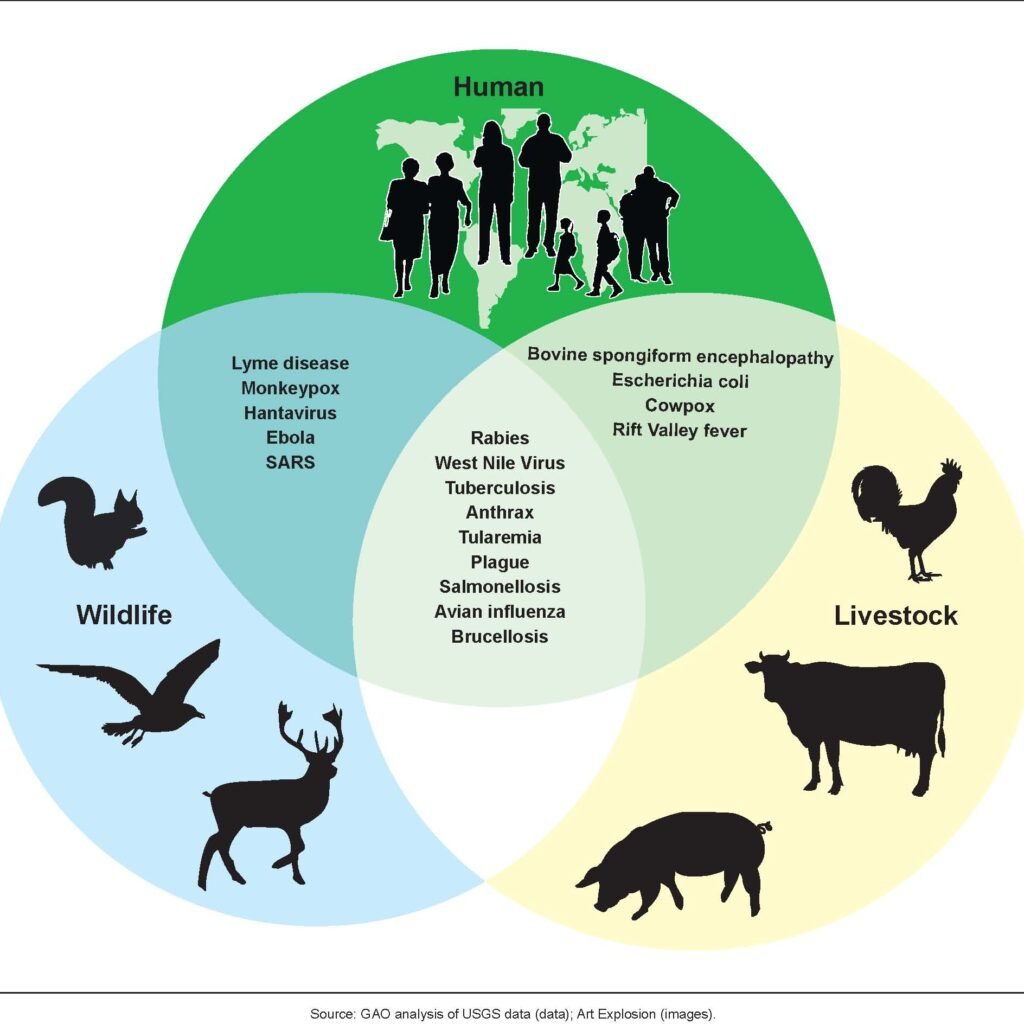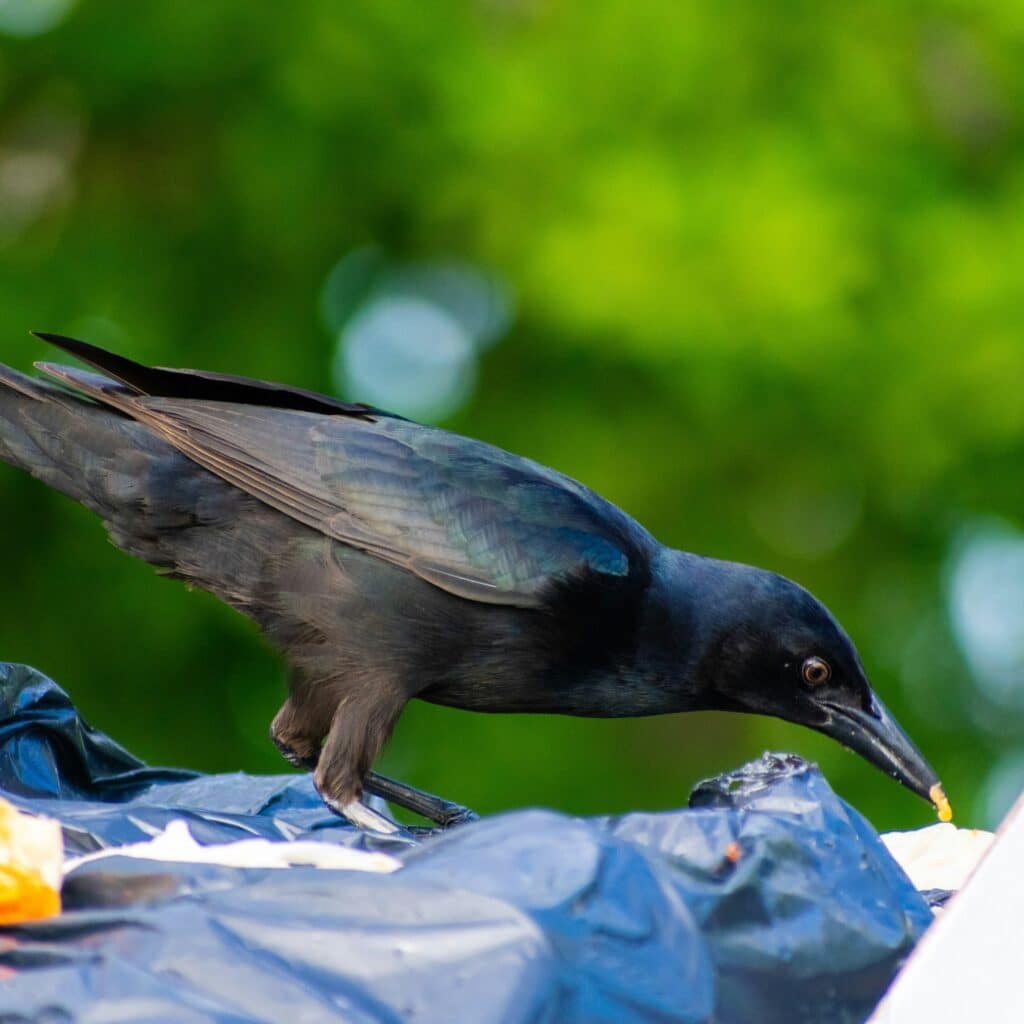What is “bird flu” and should you be concerned?

Bird flu or avian influenza is a disease that occurs most commonly in domestic and wild bird species. “Bird flu” is an umbrella term that covers all of the different strains and subtypes of the disease. In birds, the most common signs a bird or flock is infected include swelling alongside the eyes, nasal discharge, labored breathing, lethargy and death.
There’s a snake in my boot! A Pet Snake…

Snakes have a flexible spine containing hundreds of vertebrae (humans have 33) allowing them the flexibility to squeeze into tight spaces. This is what makes your pet snake an excellent escape artist. Instinctively, most species love to remain hidden by taking cover in their natural habitat and by using camouflage, keeping them safe from predators […]
Zoonotic Diseases: Widlife Diseases that really Bite

Wildlife, while often charming and fascinating, can pose significant health risks. Zoonotic diseases are illnesses transmitted between animals and humans and are a concerning reality when you come in contact with these animals, their den sites, or their feces as these diseases can be spread through various means, including bites, scratches, contact with bodily fluids, […]
Groundhogs: Getting to Know Your Garden Guests

Groundhogs, often playfully called woodchucks, are large rodents native to North America. While their exact population is difficult to estimate, they are widespread across the United States, particularly in the eastern and midwestern regions. These creatures are most active during the spring and summer months, emerging from their burrows in search of food. Their diet […]
Gopher It! All About America’s Unloved Undercover Critters

Gopher it! These little earth-moving mammals may be out of sight, but they’re certainly not out of mind – especially for homeowners who find their yards riddled with unsightly mounds of dirt. But before you grab the shovel and declare war, let’s dig a little deeper (pun intended) and learn more about these fascinating subterranean […]
Fox-y Facts: The Sneaky Sneaks of the Forest

Fox are cunning canines with their bushy tails and inquisitive eyes, are found in abundance across the United States. These adaptable creatures inhabit a wide range of habitats, from forests and grasslands to suburban neighborhoods. While they are active throughout the year, foxes tend to be more visible during the cooler months when their prey […]
Busy Beavers For Biodiversity

Busy Beavers, those industrious architects of the animal kingdom, are found throughout much of North America, including the United States. While their population has fluctuated over the centuries due to trapping and habitat loss, they’ve made a strong comeback in many areas. Overview of the Beaver These primarily nocturnal creatures are most active in regions […]
Feathered Foes: Dealing with Birds

Birds, with their vibrant plumage and melodious songs, are often seen as symbols of freedom and beauty. However, when they become too comfortable in our human-dominated environments, they can transform into pesky nuisances. From property damage to health hazards, these feathered friends can quickly become unwelcome guests. Birds: More Than Meets the Eye While it’s […]
Cheeking Out a Chipmunk

The chipmunk, a striped symphony of rust and brown, is a tiny tenant in the grand scheme of North American wildlife. These energetic burrowers hold the title of “cheekiest character” in the critter kingdom, thanks to their signature bulging cheeks used to store an impressive amount of food. A Statistical Snapshot of the Speedy Scamperer […]
Hogs Wild: The Wild Boar Woes

Wild hogs, also known as feral hogs, are a formidable and increasingly problematic species across the United States. Their numbers have exploded in recent decades, with estimates ranging in the millions. These adaptable creatures can thrive in a variety of habitats, from forests to agricultural lands. While they are active throughout the year, their behavior […]
